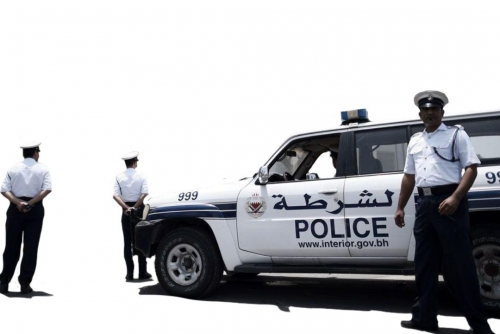Bahrain to rename Public Security Forces as ‘Bahrain Police’ in landmark law overhaul
TDT | Manama
Email: mail@newsofbahrain.com
Bahrain is set to rename its Public Security Forces as the Bahrain Police, under a sweeping draft law that aims to modernise and restructure the kingdom’s internal security framework.
The change comes as part of a wider reworking of the 1982 law governing the Ministry of Interior. The draft, now before the Council of Representatives, also proposes renaming Military Courts as Police Courts, and replacing the term military student with officer cadet.
Commad roles would be restricted to those on par with an undersecretary, including the Chief of Police.
While many of the updates are linguistic, they reflect a broader restructuring of Bahrain’s police force. The draft defines the Bahrain Police as an armed force under the Interior Ministry, responsible for maintaining public order, ensuring safety, and supporting other arms of the state.
The legislation sets out a detailed organisational chart for the Ministry, placing a Minister at the helm, supported by deputies, the Chief of Police, Undersecretaries, an Inspector General, and other senior officials. Appointments to top posts would require royal approval or a decision by the Prime Minister.
The police force is also set to expand, with new roles like officer cadets and watchmen added to the ranks. The draft outlines a clear hierarchy from constable to First Warrant Officer, and introduces a five-tier structure for watchmen.
Cadets would need to complete a training period set by the Minister. Promotions for officers would remain subject to royal approval, based on recommendations from a newly proposed High Committee for Officers.
In emergency situations such as martial law, the usual rules could be suspended.
The draft also gives the Interior Minister wide-ranging authority over internal operations—including managing detention centres, fingerprint procedures, the Royal Police Academy, and service fees, pending Cabinet approval.
Two new funds would be created: a rewards fund, fed by fines and private sector service fees; and a welfare fund to support officers, financed through subscriptions and other sources.
Ten articles from the original 1982 law would be repealed entirely. Others, including those defining police duties, chains of command, and conditions for secondment and leave, would be rewritten.
Related Posts

